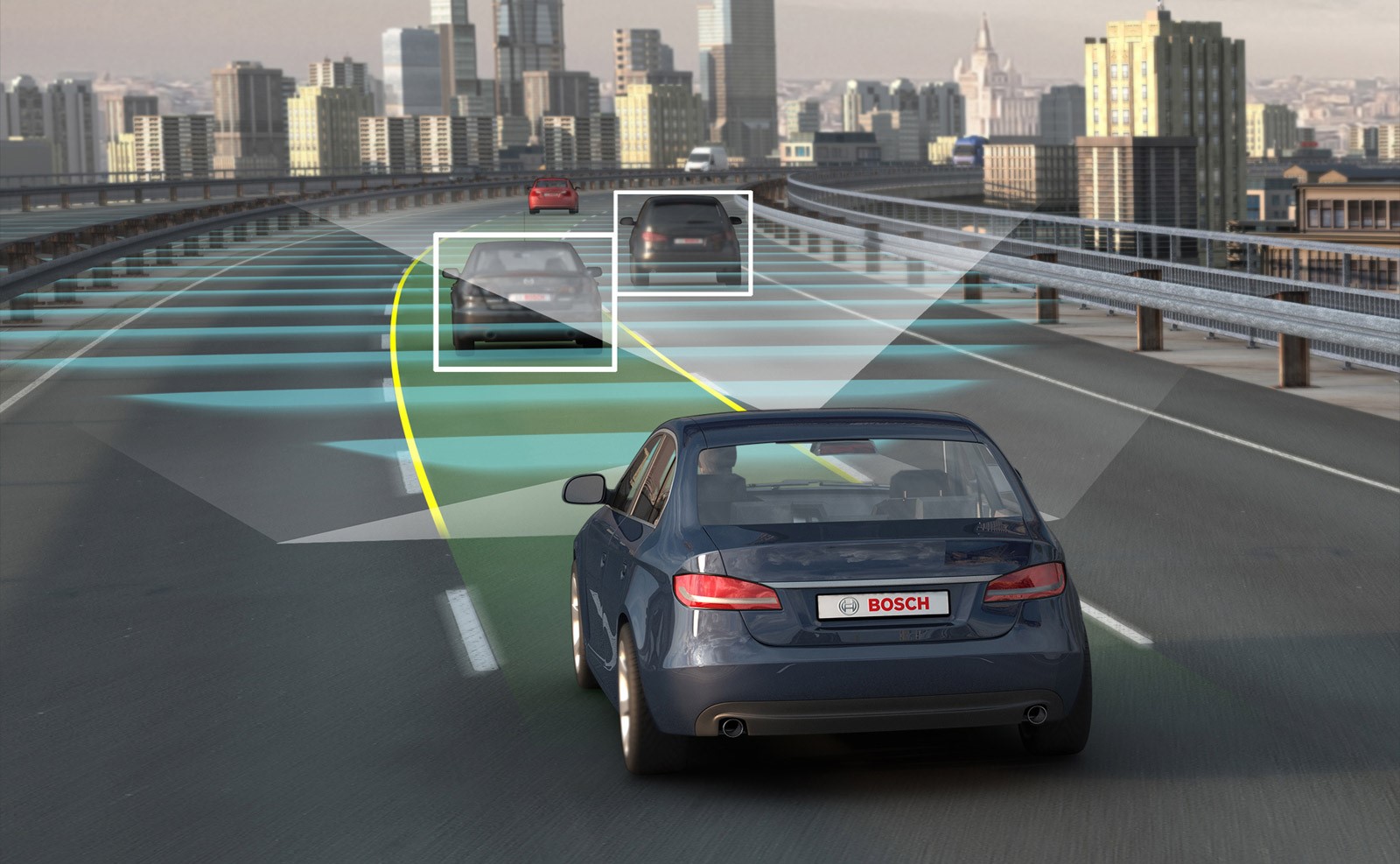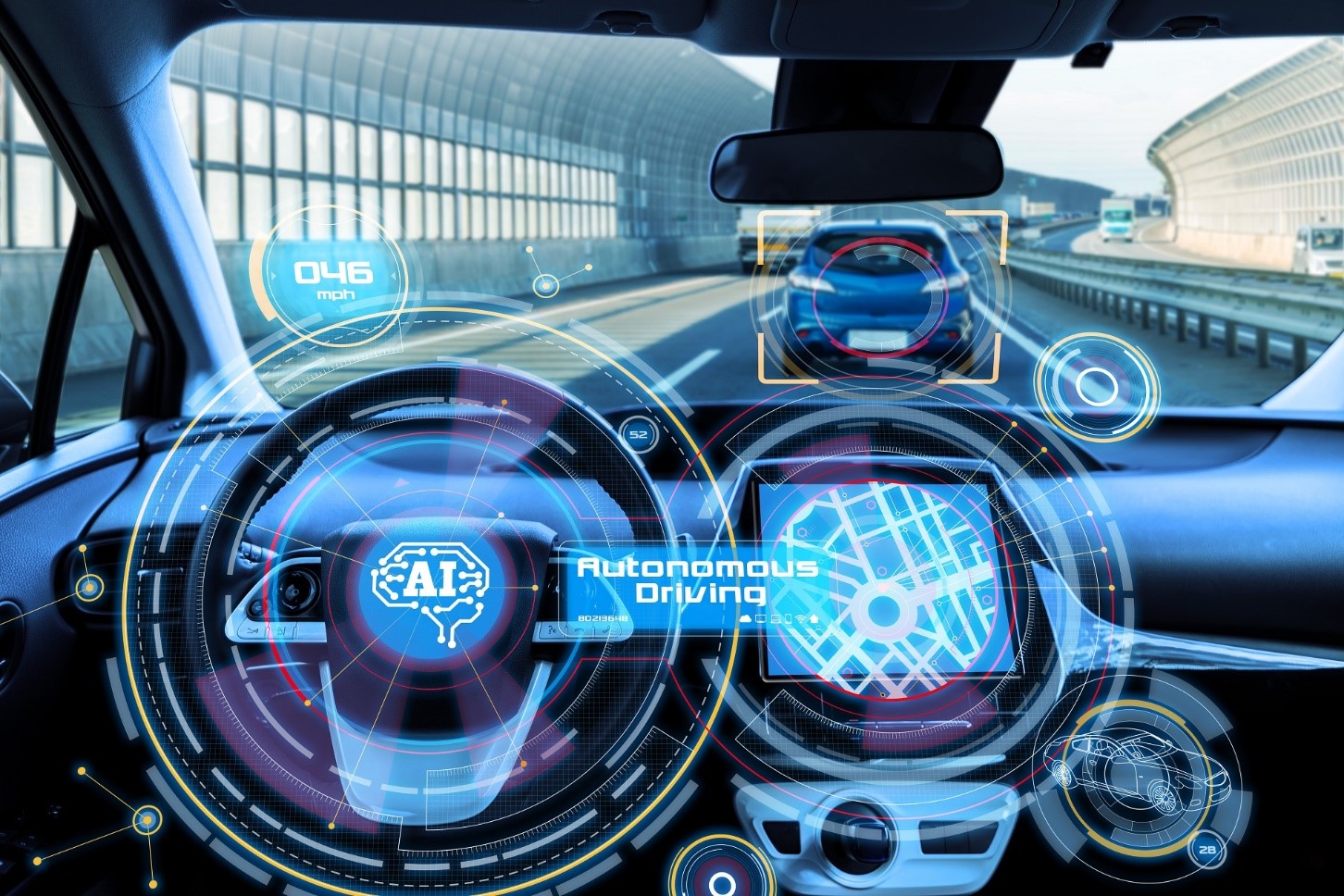The automobile industry stands at the precipice of a transformative era, driven by rapid technological advancements, heightened environmental consciousness, and evolving consumer preferences. As we look ahead, several key trends are poised to redefine the landscape of automotive transportation. This article delves into the future of the automobile industry, focusing on electric vehicles (EVs), autonomous driving, connectivity, and sustainability.
Electric Vehicles: The Charge Towards a Greener Future
Electric vehicles (EVs) have emerged as a cornerstone of the future automotive landscape. As concerns over climate change and environmental degradation intensify, the shift towards EVs is accelerating. Governments worldwide are implementing stringent emissions regulations and offering incentives to promote the adoption of electric cars. For instance, the European Union aims to reduce carbon emissions by 55% by 2030, and countries like Norway plan to ban the sale of new internal combustion engine vehicles by 2025.
Major automakers are responding to this shift by investing heavily in EV technology. Companies like Tesla, Nissan, and General Motors are leading the charge, with ambitious plans to expand their electric vehicle lineups. Tesla’s Model 3 and Model Y have set benchmarks for performance and range, while General Motors has committed to an all-electric future with its Ultium battery platform. Additionally, advancements in battery technology, such as solid-state batteries, promise to enhance the range, safety, and affordability of EVs, making them more accessible to a broader audience.
Autonomous Driving: The Road to Self-Driving Cars
Autonomous driving technology is another pivotal development shaping the future of the automobile industry. Self-driving cars have the potential to revolutionize transportation by enhancing safety, reducing traffic congestion, and providing greater accessibility to mobility services. Companies like Waymo, Uber, and Tesla are at the forefront of developing and testing autonomous vehicles.
The integration of artificial intelligence (AI) and machine learning algorithms is critical to the advancement of autonomous driving. These technologies enable vehicles to perceive their surroundings, make real-time decisions, and navigate complex traffic scenarios. While fully autonomous vehicles (Level 5 autonomy) are still in the experimental phase, significant progress has been made in achieving Level 2 and Level 3 autonomy, where vehicles can handle certain driving tasks independently, but human intervention is still required.
Regulatory frameworks and public acceptance remain significant challenges for the widespread adoption of autonomous vehicles. Governments and industry stakeholders must collaborate to establish safety standards, address ethical concerns, and build public trust in self-driving technology. Nonetheless, the potential benefits of autonomous driving, including reduced accidents and increased efficiency, make it a key focus for the future of the automobile industry.

Connectivity: The Internet of Vehicles
The rise of connectivity and the Internet of Things (IoT) is transforming vehicles into smart, connected devices. Modern cars are increasingly equipped with advanced telematics, infotainment systems, and vehicle-to-everything (V2X) communication capabilities. These technologies enhance the driving experience, improve safety, and enable new services such as predictive maintenance and over-the-air software updates.
Connected vehicles can communicate with each other and with infrastructure, paving the way for innovations like intelligent traffic management and cooperative driving. For example, vehicles can share real-time data on road conditions, traffic patterns, and potential hazards, leading to smoother traffic flow and reduced congestion. Moreover, connectivity enables the integration of ride-sharing and mobility-as-a-service (MaaS) platforms, offering consumers flexible and convenient transportation options.
Cybersecurity is a critical consideration in the era of connected vehicles. As cars become more reliant on digital systems, the risk of cyber-attacks increases. Automakers must prioritize robust cybersecurity measures to protect vehicle data and ensure the safety and privacy of drivers and passengers.
Sustainability: Driving Towards a Circular Economy
Sustainability is a driving force behind the future of the automobile industry. As the world grapples with the environmental impact of transportation, automakers are embracing sustainable practices throughout the vehicle lifecycle. This includes the adoption of eco-friendly materials, energy-efficient manufacturing processes, and end-of-life recycling initiatives.
The concept of a circular economy is gaining traction in the automotive sector. This approach emphasizes the reuse, refurbishment, and recycling of materials to minimize waste and reduce the environmental footprint. For example, BMW’s i Vision Circular concept car showcases the potential of circular design, featuring recycled materials and a modular construction that facilitates easy disassembly and recycling.
In addition to electric vehicles, alternative propulsion technologies such as hydrogen fuel cells and biofuels are being explored to diversify the energy mix and reduce reliance on fossil fuels. Hydrogen fuel cell vehicles, like the Toyota Mirai, offer the advantage of fast refueling times and zero emissions, making them a promising option for long-distance travel and heavy-duty applications.
The Role of Policy and Collaboration
The future of the automobile industry is shaped not only by technological innovation but also by policy decisions and collaborative efforts. Governments play a crucial role in setting regulatory frameworks, providing incentives, and investing in infrastructure to support the transition to sustainable and connected transportation.
Public-private partnerships are essential for advancing research and development, scaling up new technologies, and addressing systemic challenges. For example, initiatives like the EV30@30 Campaign, which aims to achieve a 30% market share for electric vehicles by 2030, bring together governments, industry players, and civil society to accelerate the adoption of EVs.
Conclusion
The future of the automobile industry is characterized by a convergence of electrification, autonomy, connectivity, and sustainability. As these trends continue to evolve, they will reshape the way we think about transportation, offering new opportunities and challenges for automakers, policymakers, and consumers alike. By embracing innovation and collaboration, the industry can drive towards a future that is not only technologically advanced but also environmentally responsible and socially inclusive.




